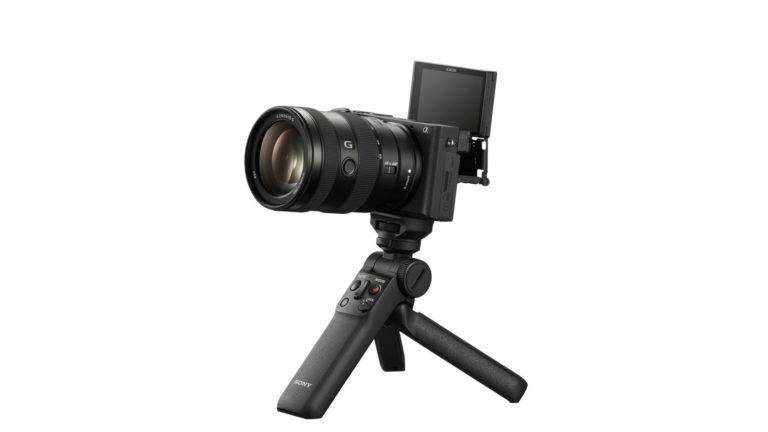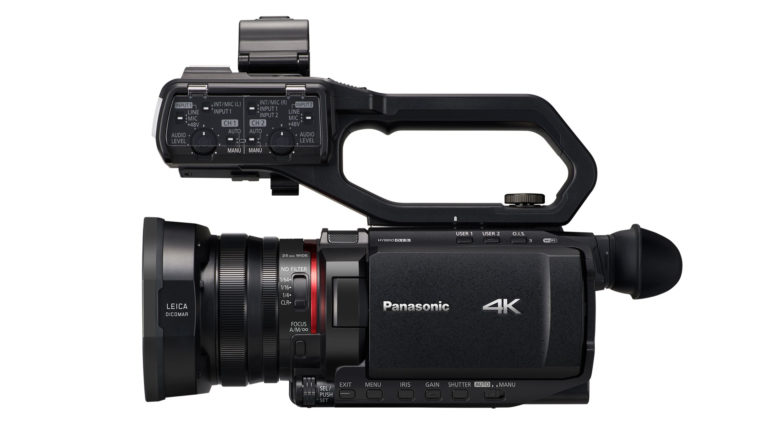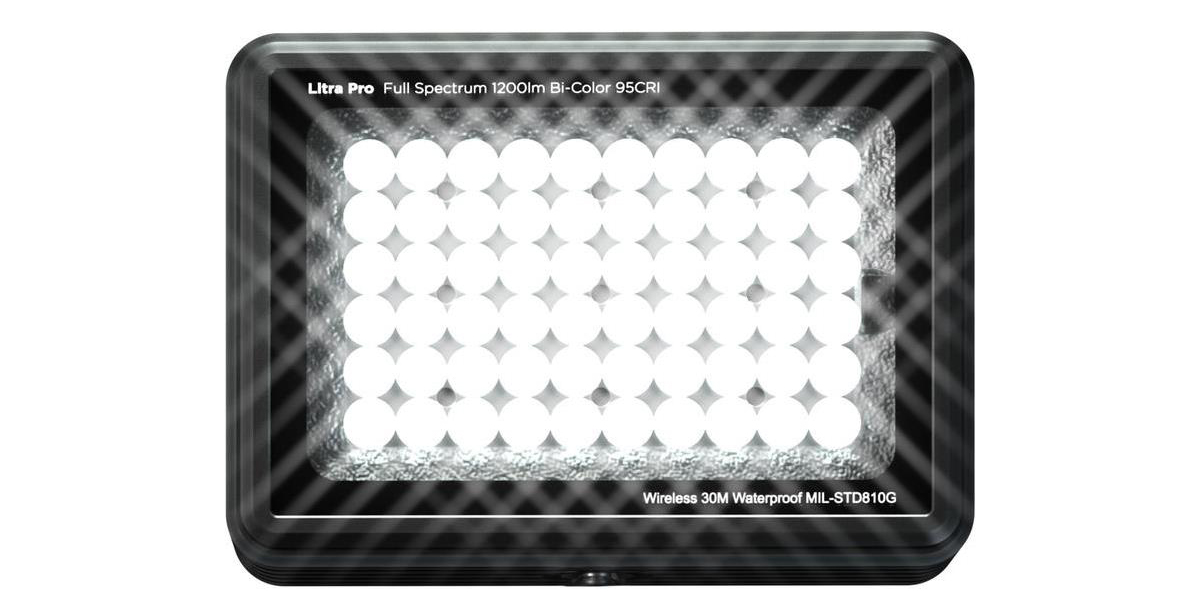Moving from 30-seconds to the Big Screen
director to making his feature film debut with Glory
Road, a story
based on the 1966 Texas Western basketball team that broke through
institutional racism and went on to win the NCAA national championship.
(Bonneville Media Communications) in Salt Lake City for 14 years.
That’s where it began for me. It was one of those little shops that was
very inspiring in that you could pretty much do whatever your dreams
were. You could direct, produce, write and I did it all there. That was
my transition into directing. Then my reel was seen by Don Block, who
is now my partner [at commercial production company
asking to rep me in the commercial world. I said yes
although reluctantly because I was having a pretty good time where I
was. But that transitioned into a full blown career as a commercial
director. That led to Jerry Bruckheimer seeing my work and calling me
and asking if I would like to do a movie. That’s my career of over 20 years in a nutshell.
different film projects prior Glory Road. But none of those were quite
right. Jerry’s given a lot of commercial directors their start in
features ‘ Simon West, Michael Bay and others. I think he just likes
directors that come out of that background.
with studios because they are used to working with advertising clients.
As a commercial director you are faced with a number of different
scenarios. One week you are working on a comedy spot, the next week is
dramatic, the next is action. So you touch all the bases with a
commercial background, which is why I think it becomes a good school
and prepares you for directing features.
extremely disciplined. Every frame counts, literally. You have to be
able to tell a story, sometimes with humor, sometimes with emotion, very
quickly.
from the realm of commercials to a feature film?
That is something you just don’t have to experience in commercials. I
had to wrap myself around that part of storytelling because you don’t
get into that in commercials.
because I’ll know the system a little more than the first one where I
was the new kid on the block, trying to fit in. It’s just a situation
where you are not in your comfort zone. The studios and the hierarchy
of all that. And you go through a much longer set of approvals.
have to please the ad agency but I have been doing that for so many
years they trust me and I’m pretty much left on my own. I’ve just garnered
respect through the years with agencies and that is helpful. On this
feature I was like the new kid at school.
“the execution becomes the idea,” in that how you shoot it and how you
cut it becomes the concept. For me it was always story that drove my
work. I wasn’t pigeonholed per se but I was known for humorous and
emotional types of spots, which is what Glory Road is about.
never looked at it as a sports movie. It was that other layer of racism
and the time period. We tend to ignore that today or forget where we’ve
been. So this so drew me in because of that aspect.
saw this wonderful CBS special called Glory in Black and White that was
running right before the NCAA finals. I looked at this documentary on
this team and this season and that I was so taken by it, the reality of
the story and how important and moving the story was and that is really
what sold me. I knew that this story had to be told.
theater came up to me and asked me, “What has taken 40 years to tell
this story?” And that was my initial question and what
appealed to me was just getting this story out there.
real life players and coaches involved. Was that planned from the
beginning?
pre-production and production and all the other stuff and others kind
of thought it was unnecessary but I kept pushing for it, shot the
interviews right after production
did that because of the documentary I had seen. The documentary so
struck me that I wanted to give a little slice of that in this feature.
So we run those over that tail credits and it really drives the story
home. You look at these guys that played in the game and you realize,
they aren’t that old and this story didn’t happen that long ago.
players in pre-production and production for their input.
who I had worked with on a lot of commercial
work. Half way through the movie he got very sick and had to leave the
film. So I brought in Jeffrey Kimball (Be Cool, The Big
Bounce, Paycheck, Windtalkers, Stigmata, True Romance, Jacob's
Ladder) , who I had also worked with quite
a lot.
to be done. When he came on we looked at dailies and I went through the
whole process I went through with John showing him lots of pictures I
had gathered before this movie that represented what I wanted in terms
of color, in look and this rawness I was going for. When I look at the
movie there’s a lot of scenes that I can’t remember who shot what and
there’s no way to tell by looking at it.
Missisippi Burning.
What I like about that film was there was a rawness to the look, to the
colors, to the film itself, to the locations. It had a certain edge to
it that I was hoping to emulate in certain respects.
that I really want to do then I'll do it. Until then I’ll continue to
direct commercials as long as people keep calling.




Did you enjoy this article? Sign up to receive the StudioDaily Fix eletter containing the latest stories, including news, videos, interviews, reviews and more.









Leave a Reply